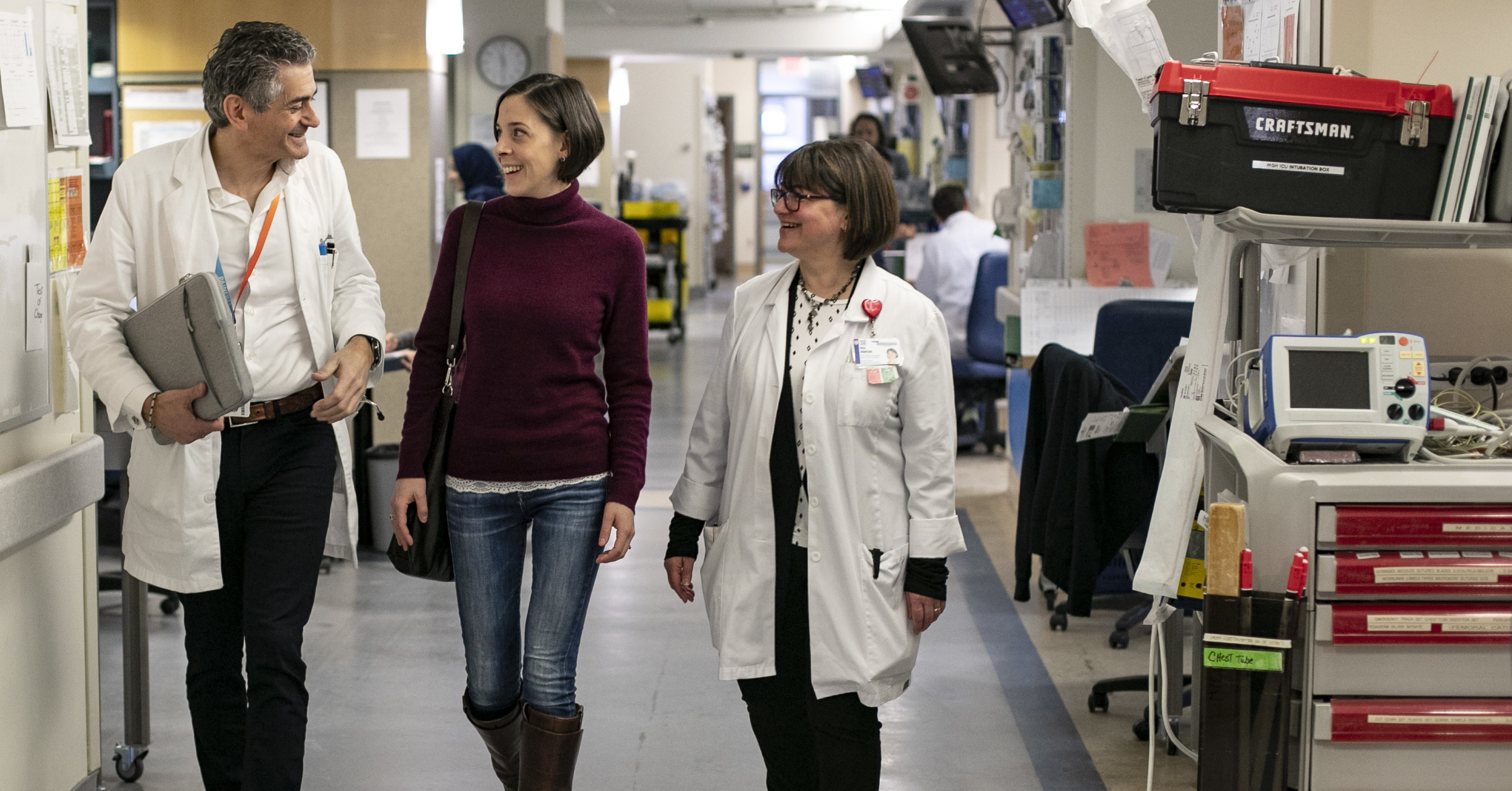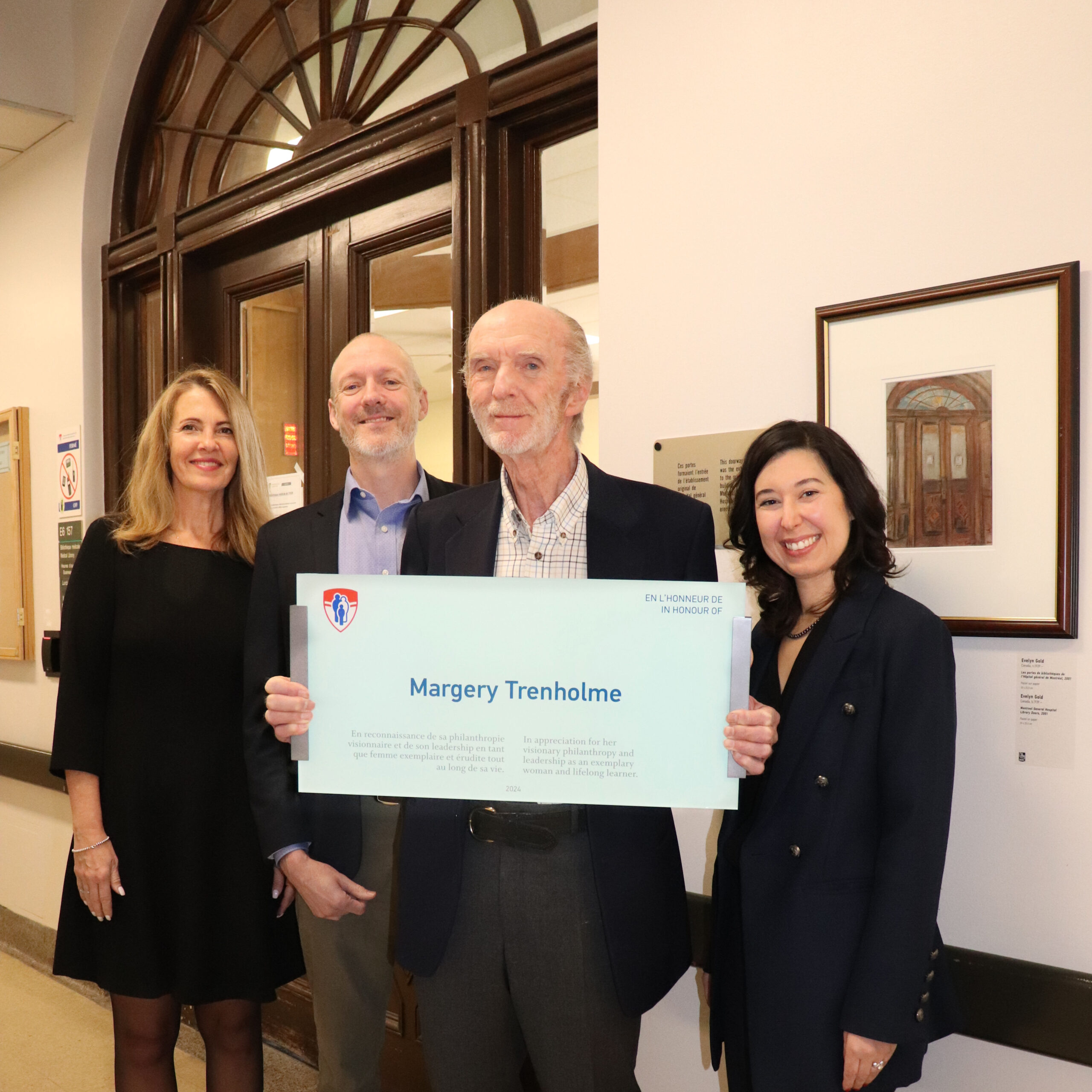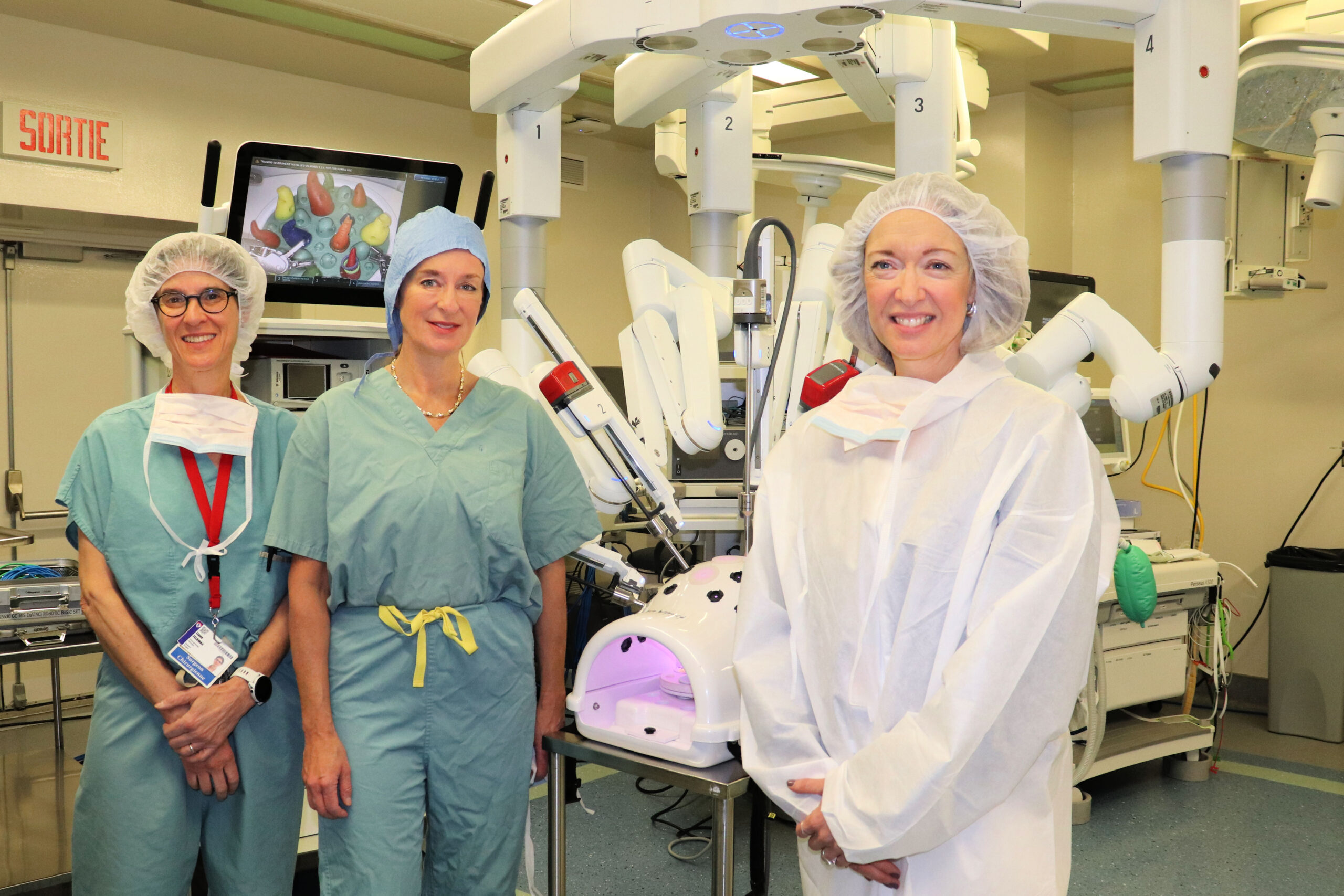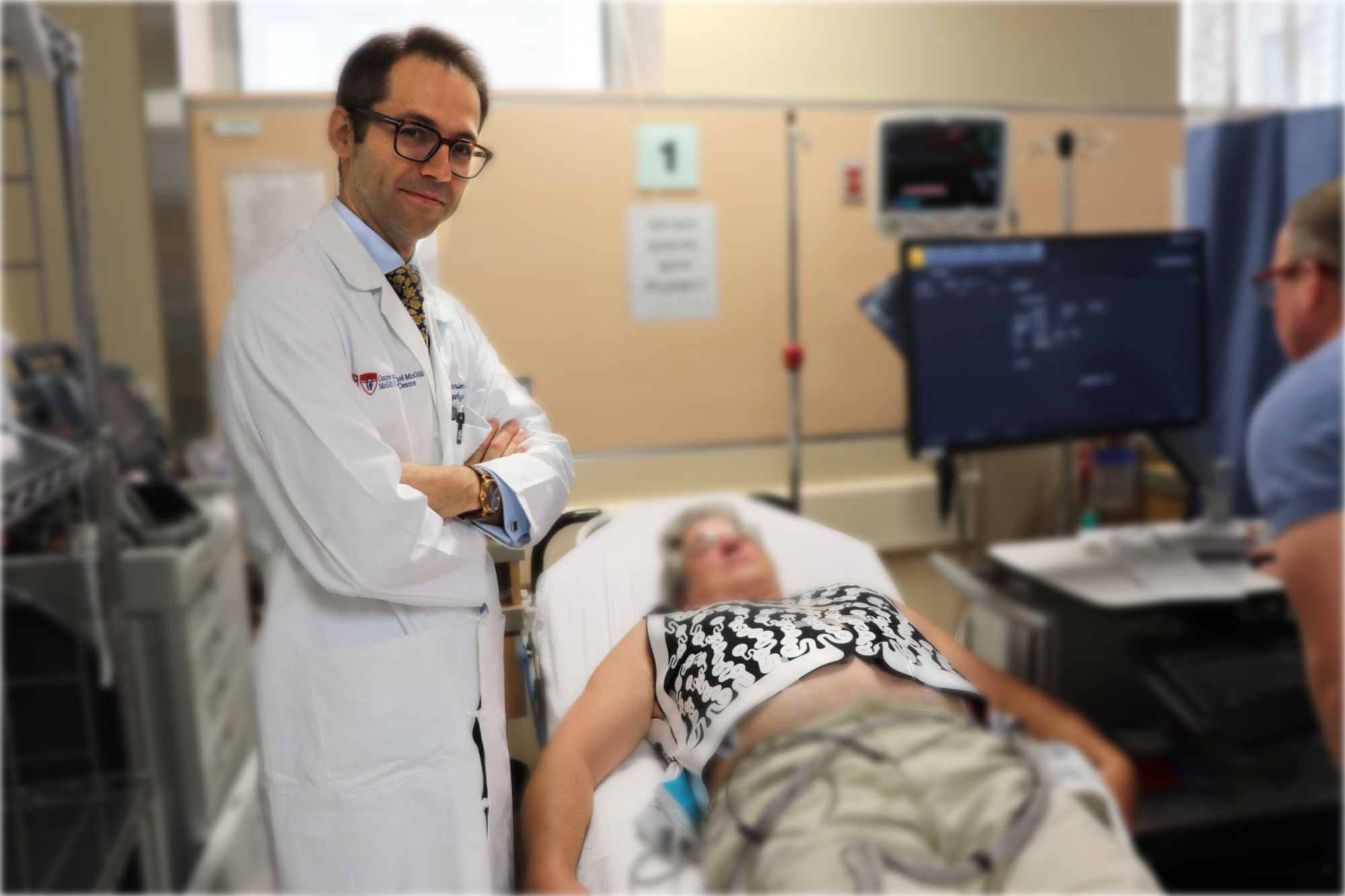Significant advances in hyper-personalized cancer treatment, thanks to the support of our donors
The MGH Thoracic Surgery team has become a world leader in the development of hyper-personalized treatments for cancer, especially lung, esophageal and stomach cancers – the fastest growing and most lethal types of cancer. As a provincial referral centre, the team treats patients from all over Quebec.
Research is at the heart of its innovative approach. The team’s goal is to reduce the use of invasive surgery and develop personalized care for the treatment of thoracic cancers, and ultimately for all cancers.
These research programs are mainly funded by philanthropy. And thanks to the support of the community, $17 million was donated in November 2019 to the Thoracic Surgery Department to pursue its work.
From testing on living tissues to developing organs on chips
In 2019, we talked a lot about Dr. Cools-Lartigue’s promising research on organoids. These are the cancer cells that are taken from the patient to be grown in our thoracic lab. Then several drugs are tested on them directly to determine which one will be most effective. It’s a revolutionary approach that can help limit suffering for patients and ultimately improve survival rates.
But this is only the beginning. Dr. Lorenzo Ferri and his team know that it is possible to go even further. And they have a plan to make it happen. They call it Organ-on-a-Chip.
Organoids give our medical team a very good idea of how the tumor progresses and how it might react to different cancer drugs. It’s a great start. But the environment in which these organoid cells evolve doesn’t replicate conditions specific to the human body, such as blood flow or the mechanical stress from other organs moving and pressing against each other.
The Organ-on-a-Chip project aims to recreate the conditions of the human body on a device the size of a USB key. Researchers will grow a person’s cancer using five types of cells: cancer cells, blood cells, connective tissue cells and two types of immune cells. Using this new mechanical device, they can simulate respiratory movement and the way cells interact with each other, just as they do in the human body. The most promising drug identified at the organoid stage can then be tested with far more reliability.
This project requires a lot of work and a lot of money. But the team knows that the results obtained will be very reliable. It has the potential to lead to a major breakthrough in cancer treatment. And above all, it’s a project that gives everyone, especially those who are ill, hope for a life cured of cancer.
Help medical teams to find new and effective personalized treatments to save lives. One out of every two people will fight cancer in his or her life; help us to stop this devastating disease. Donate.







